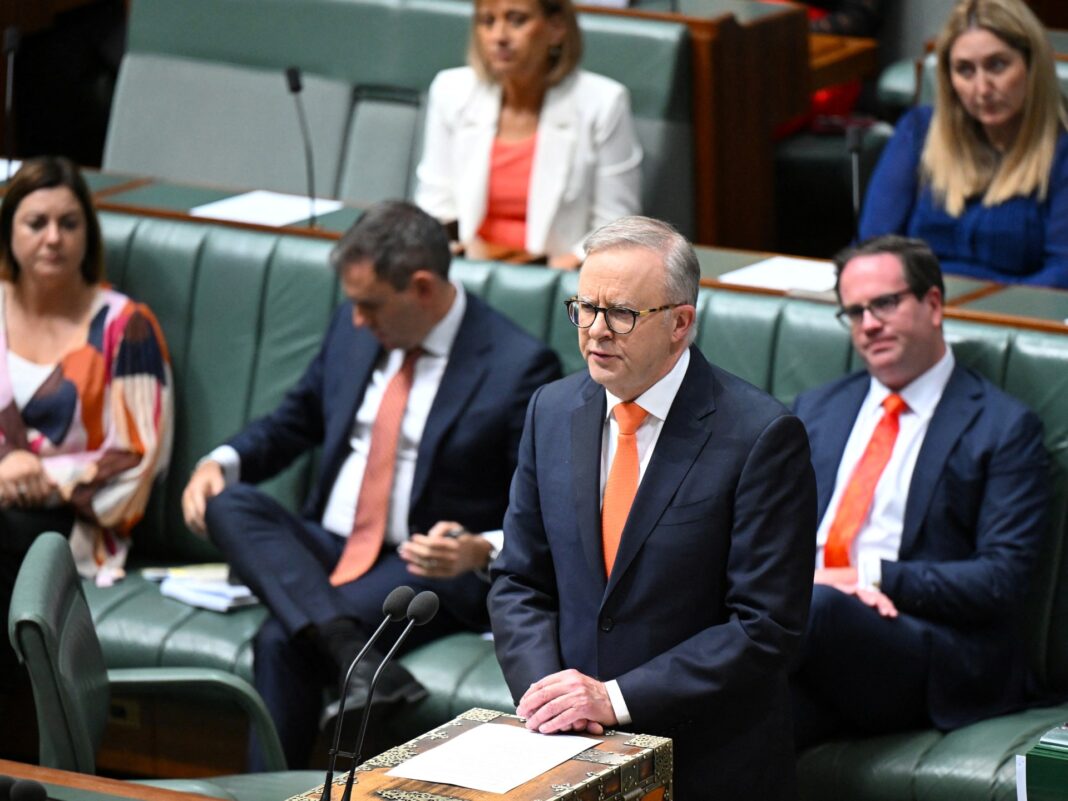Social media companies that do not enforce the ban could receive fines of up to AUS$50 million (US$32.5m).
Australia’s Parliament has passed a law banning children aged under 16 from using social media, one of the strictest regulations targeting the platforms in the world.
The law, which was passed by the Senate on Thursday, requires social media platforms like Instagram, Facebook and TikTok to prevent those under 16 from having accounts.
Failure to do so could result in fines of up to AUS$50 million (US$32.5m).
Prime Minister Anthony Albanese championed the legislation and rallied parents to support the bill.
Before the vote in parliament, Albanese said social media was “a platform for peer pressure, a driver of anxiety, a vehicle for scammers and, worst of all, a tool for online predators”.
He added that he wanted young Australians “off their phones and onto the footy and cricket field, the tennis and netball courts, in the swimming pool”.
While privacy advocates and some children’s rights groups opposed the bill, 77 percent of the public supported the ban on under-16s, according to the latest polling.
Australian antibullying advocate Ali Halkic, whose 17-year-old son Allem committed suicide in 2009 after social media bullying, praised the legislation, saying giving control back to parents was a “starting point”.
“For the 10- to 15-year-olds, [the ban] will be hard to manage, but the next generation who are coming up who are seven, eight or nine years old, if they don’t know what it is, why is it important?” he told the Reuters news agency.
Support networks
Meanwhile, advocacy groups and academics warn that the ban could prevent vulnerable young people, including those from the LGBTQ community and immigrant teenagers, from finding support networks.
Australia’s Human Rights Commission said the law may also interfere with the human rights of young people by blocking their ability to participate in society.
For privacy advocates, the concern with the bill is the potential for heightened personal data collection.
Sarah Hanson-Young, a Greens senator, said before the vote that the legislation was “boomers trying to tell young people how the internet should work to make themselves feel better.”
The current legislation does not offer details about how the ban will be enforced, and it will be at least 12 months before regulators work out the details before the ban comes into effect.
Some companies, including WhatsApp and YouTube, will also likely be granted exemptions, because teenagers may need them for work or recreation.


